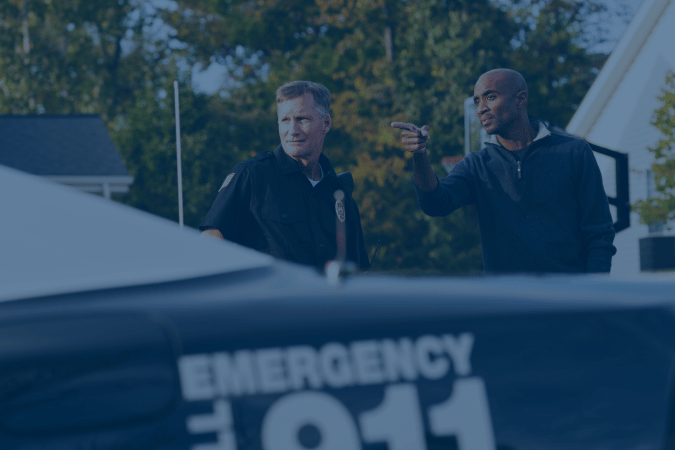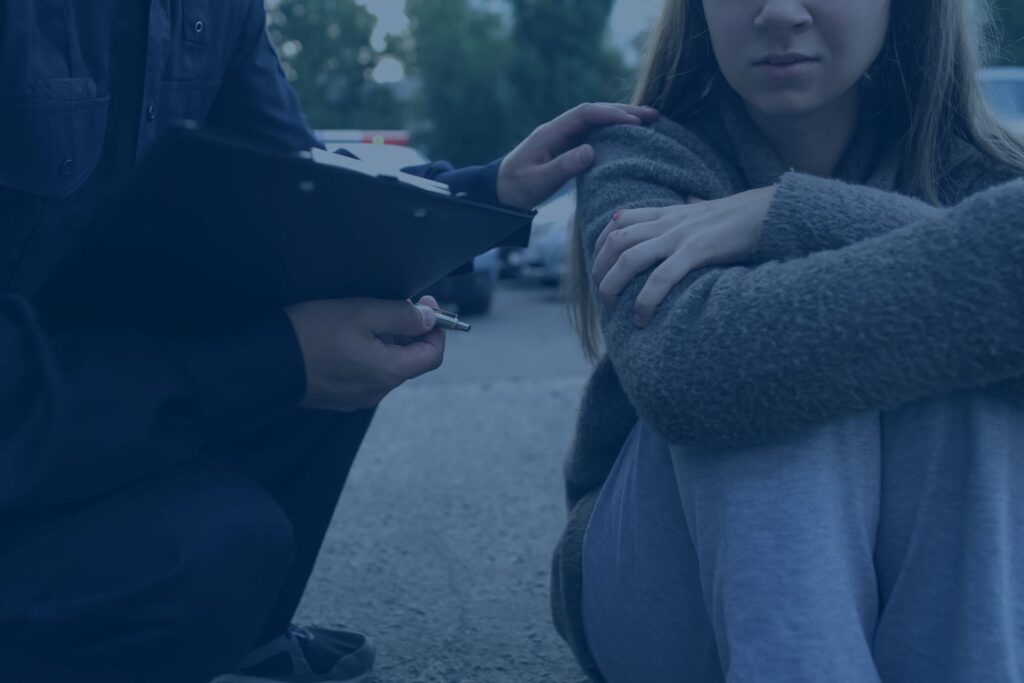There is almost no aspect of policing that does not include or touch the community in some way. To that end, building trust and meaningful, productive partnerships between law enforcement and the communities they serve is a foundational element of equitable policing.
Excellent agencies will consider community trust and partnership an ongoing, active process in which they collaborate and co-create public safety with their communities. Meaningful engagement with communities most impacted by crime and violence is critical to building communities of trust. Agencies that achieve community trust and partnership work regularly with local leaders, advocates, and community-based organizations to identify and address mutually identified community safety concerns through problem-solving processes. Importantly, to build community trust and partnership, the means through which agencies achieve community safety goals should be co-developed, equitable, and regularly assessed for effectiveness.

Resources Related to Community Trust and Partnerships
Visit the Knowledge Lab’s full resource index here.
Guidebook/Tool, Report, Research Brief | 2018
Practices in Modern Policing: Community Participation and Leadership
Training, Webpage | 2017
Interactions with Individuals with Intellectual and Developmental Disabilities
After Action Report | 2017
Independent Review of the 2017 Protest Events in Charlottesville Virginia
The information provided within these modules has been gathered from various sources, including consent decrees, research, and practitioner and department-developed resources. These webpage modules are intended to be a guide for departments to use to improve their Constitutional policing practices. Additional information and resources may be needed to implement the recommendations successfully. This resource is intended to be dynamic, and the Knowledge Lab will continue to update and add to these modules to provide additional and current guidance for departments.




